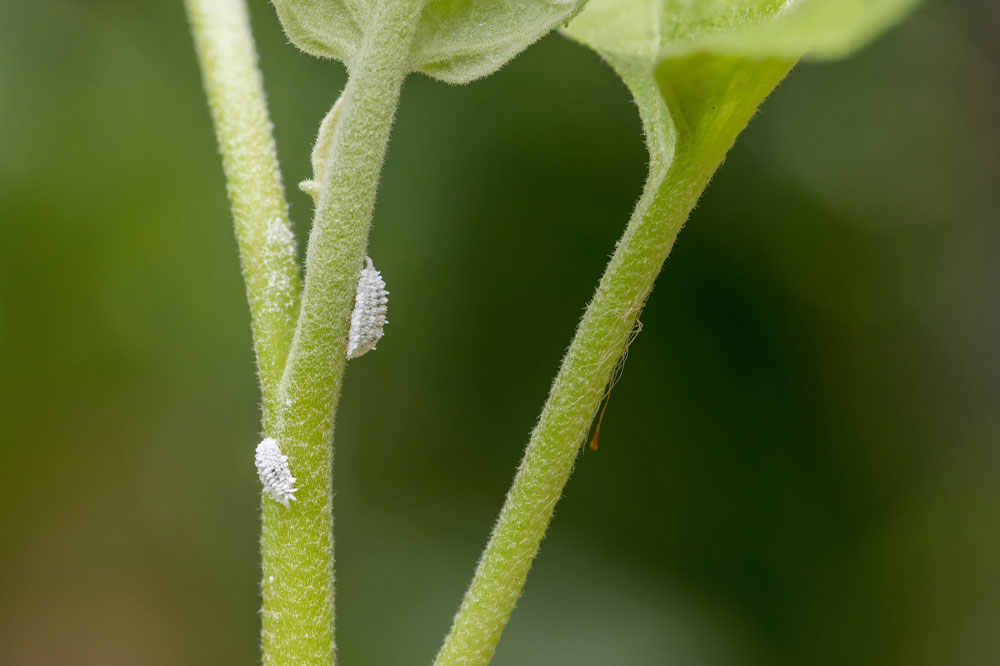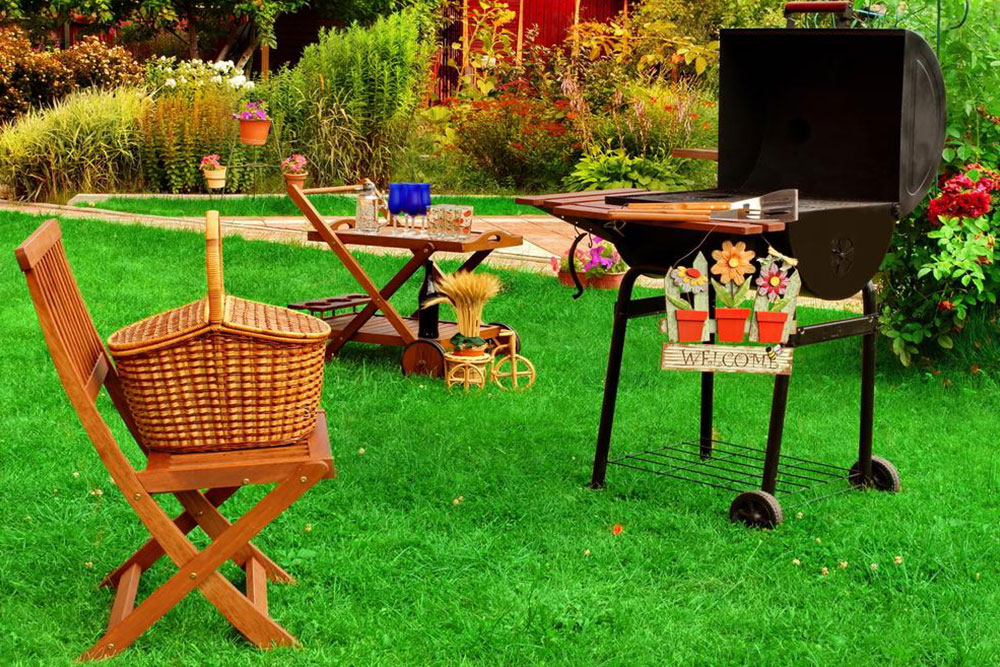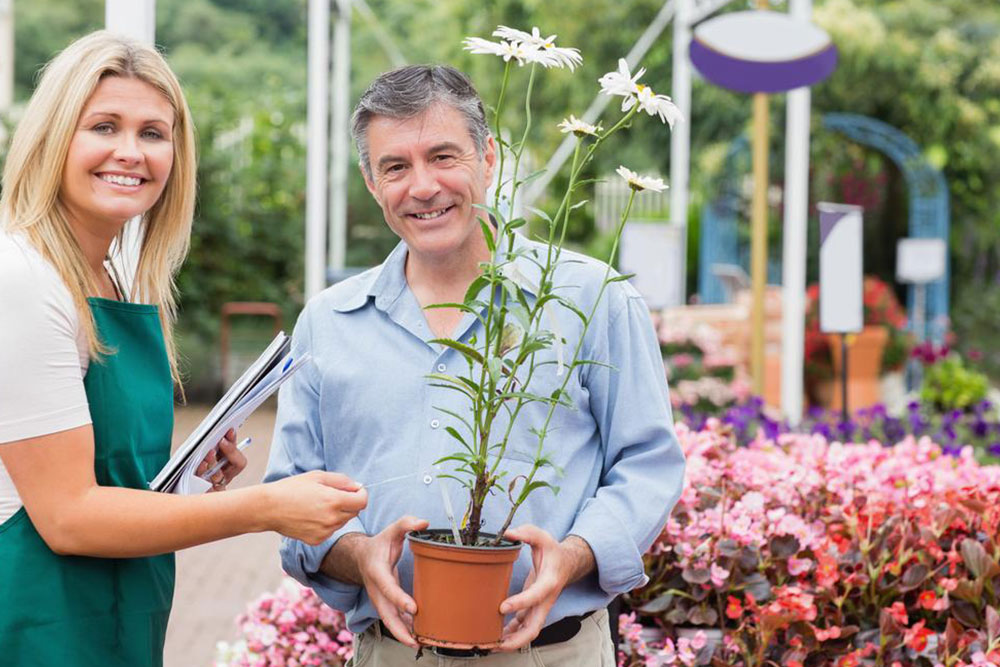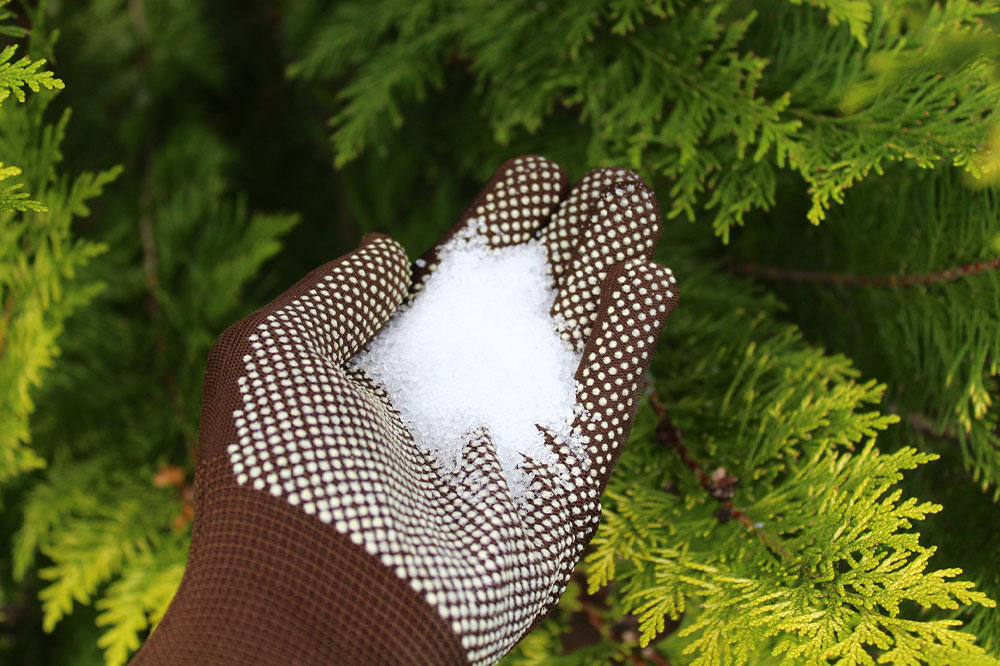Natural Solutions for Managing Aphid Infestations
Discover natural and eco-friendly methods to control aphids in your garden. From encouraging beneficial insects to using homemade sprays, these techniques help protect your plants without harmful chemicals. Implementing companion planting and natural predators can effectively keep aphid populations in check, promoting a thriving garden environment. Learn safe, organic remedies to maintain healthy, pest-free plants with minimal impact on beneficial insects and the ecosystem.
Sponsored
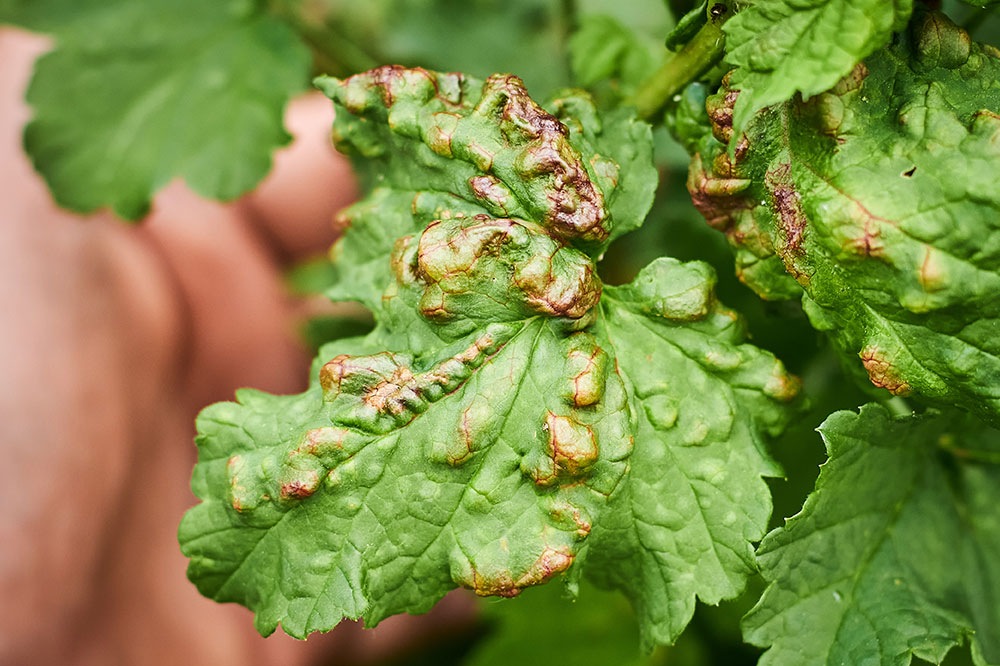
Effective Natural Strategies to Combat Aphids
Aphids, including greenflies and blackflies, are tiny insects that extract sap from plants. While minor aphid presence is common and often harmless, large outbreaks can cause yellowing leaves, hinder plant development, and foster mold growth. Therefore, implementing eco-friendly control methods is essential for garden health.
Signs of Aphid Damage
Aphids are small, often unseen, insects varying in hues such as white, black, brown, yellow, green, or pink. They typically cause:
Deformed, curled, or yellow leaves
Honeydew secretion attracting other pests
Sooty mold development on branches and foliage
Distorted flowers and fruits
Galls forming on roots and leaves
Spread of viral diseases among plants
To prevent infestations, consider the following natural methods:
Encourage natural predators: Ladybugs, lacewings, and parasitic wasps naturally feed on aphids. Creating a habitat that attracts and supports these insects, or introducing them, helps control aphid numbers. Birds like wrens and chickadees also hunt aphids; planting shrubs or small trees offers nesting sites.
Companion planting: Growing certain plants can repel aphids or attract beneficial insects. For instance:
To attract predators: clover, mint, dill, fennel, yarrow
To deter aphids: garlic, chives, onion, catnip, alliums (near lettuce, peas, roses)
To trap aphids: zinnias, dahlias, cosmos, mustard, nasturtiums
Natural aphid control methods: If aphids have infested your garden, these organic techniques can help:
Water spray: A strong jet from a hose can dislodge aphids, making it difficult for them to return. Best suited for resilient plants.
Manual removal: Carefully pick off aphids wearing gloves and drop them into soapy water or prune affected parts.
Soap and water solution: Mix soap with water and spray on affected areas, paying attention to the undersides of leaves where eggs hatch. This natural soap kills aphids gently.
Neem oil: Organic neem oil repels many pests but should be applied cautiously as it may affect beneficial insects.
Essential oils: Diluted peppermint, clove, rosemary, or thyme oils in water can repel aphids when sprayed on plants.
Diatomaceous earth: A safe, organic powder that dehydrates aphids—use sparingly and avoid blooming flowers to protect pollinators.
Isopropanol: Diluted rubbing alcohol can be sprayed on infected spots to kill aphids directly; avoid spraying entire plants.

